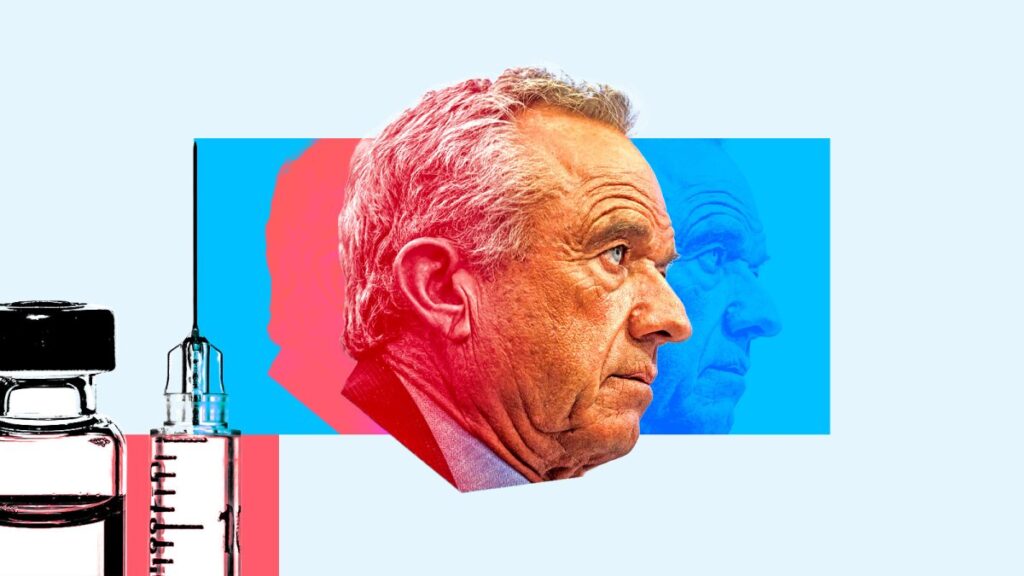At the CDC headquarters in Atlanta, a culture of secrecy and fear prevails among staff, stemming from drastic changes since Robert F Kennedy Jr.’s appointment as health secretary in February. Over 10,000 experienced employees have been fired, creating an atmosphere where even basic conversations about budgets are conducted in private. Staff report feeling constantly monitored by officials from the Department of Government Efficiency (Doge), leading to a reluctance to use technology like Zoom for meetings.
Kennedy’s overhaul of U.S. health priorities has disrupted longstanding scientific norms and canceled many research programs deemed “woke.” Insiders describe chaos, with vital programs for chronic disease prevention being dismantled and funding cuts worsening operational capabilities at agencies like the CDC and FDA. Staff now scavenge for office supplies, as budget constraints limit their ability to purchase even basic needs.
Controversially, Kennedy has dismissed the entire advisory committee on immunization practices, leading to fears of vaccine politicization. Critics, including former committee members, express concern that such disruptions will negatively impact public health.
As Kennedy pushes for a return to older vaccine technologies and proposes initiatives to tackle health issues, many insiders warn of disastrous effects. They express doubt that his vision will enhance public health, emphasizing the erosion of scientific rigor and operational efficiency. Current employees voice anxiety about the future amid uncertainty about their roles and the overall direction of public health in the U.S.



